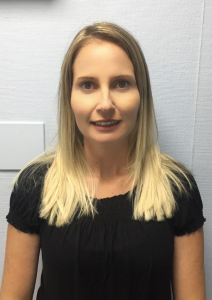ELSA
Who are the ELSAs in school?
We are lucky enough to have two qualified Emotional Literacy Support Assistants at Mill Rythe Infant School, Mrs Susan Caldecott and Miss Marissa Stubbs. They have been trained by Educational Psychologists to plan and deliver programmes of support to pupils who are experiencing temporary or longer term additional emotional needs.
There will always be young people in schools facing life challenges that detract from their ability to engage with learning. Some will require greater support to increase their emotional literacy than others. ELSA is an initiative developed and supported by educational psychologists. It recognises that children learn better and are happier in school if their emotional needs are also addressed
The majority of ELSA work is delivered on an individual basis, but sometimes small group work is more appropriate, especially in the areas of social and friendship skills. Sessions are fun, we use a range of activities such as: games, role-play with puppets or arts and craft. ELSA sessions take place in our ELSA room, “The Skylight Room” or outdoor nurture area which both provide a calm, safe space for the child to feel supported and nurtured.
What does an ELSA do?
In ELSA we aim to provide support for a wide range of emotional needs:
Recognising emotions
Anxiety
Self-esteem
Social skills
Friendship skills
Anger management
Loss and bereavement
How does ELSA work?
Children are usually referred for ELSA support by their class teacher, Senior Leaders, SENCo or by a parent’s request. The ELSAs meet each other regularly to discuss the referral forms and to identify and prioritise which children require the weekly sessions. They then plan support sessions to facilitate the pupil in developing new skills and coping strategies that allow them to manage social and emotional demands more effectively.
Supporting – not fixing.
Remember, ELSAs are not there to fix children’s problems. What we can do is provide emotional support. We aim to establish a warm, respectful relationship with a pupil and to provide a reflective space where they can share honestly their thoughts and feelings.
It needs to be appreciated that change cannot necessarily be achieved rapidly and is dependent upon the context and complexity of the presenting issues. For children with complex or long-term needs, ELSA may be part of a range of support that is put into place both within school and outside of school. Training and development of ELSAs is an on-going process. Our experience allows us to identify where issues are of a complex nature and will then be able to sign post you to outside support.


